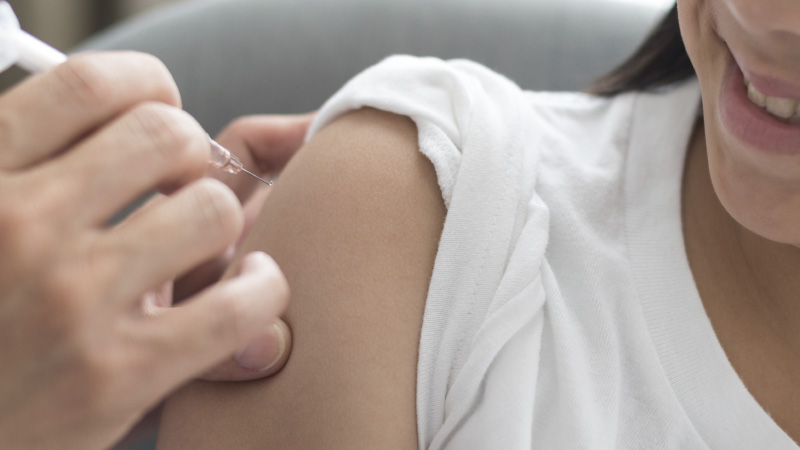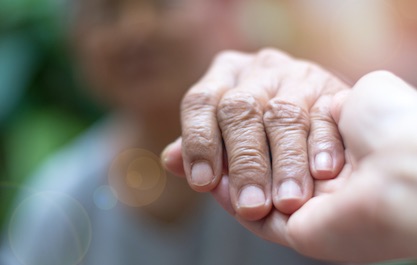There are over 100 strains of the human papillomavirus (HPV) that affect different parts of the body. Of those, more than 30 HPV strains can affect the genitals. Of those, approximately 13 are considered “high risk” because they can lead to cancer. Most Americans are exposed to it, and over 80 percent of all sexually active American adults become infected with it. According to gynecologist Abby Drucker, MD from Northwest Iowa Surgeons, the virus usually has no symptoms, goes away on its own, and adults never know they had it. However, for some it can progress to certain kinds of cancers. In fact, there are 45,000 new cases of HPV-related cancers each year in the United States.
“Fortunately, the HPV vaccine can prevent most of these cancers, especially when it is given to young adolescents before they are exposed to the virus,” said Dr. Drucker. “The vaccine has been used for over 15 years now and since its beginning, HPV-related cancer and pre-cancer rates have decreased by 80 percent.”
The Centers for Disease Control and Prevention (CDC) now recommends that all 11- and 12-year-olds receive two doses of HPV vaccine at least six months apart, instead of the previously recommended three-dose schedule. Younger adolescents ages 9 and 10 and teens ages 13 and 14 also are able to receive vaccination on the updated two-dose schedule. Research has shown that the two-dose schedule is effective for children under 15. Teens and young adults who begin the vaccine series later, at ages 15 through 26, should continue to receive three doses of the vaccine. The US Food and Drug Administration recently approved the use of Gardasil 9 for males and females ages 9 to 45.
Overall, the effects of having the vaccine are usually mild. The most common side effects of HPV vaccines include soreness, swelling or redness at the injection site. Sometimes dizziness or fainting occurs after the injection. Remaining seated for 15 minutes after the injection can reduce the risk of fainting. In addition, headaches, nausea, vomiting, fatigue or weakness also may occur.
Dickinson County Public Health provides the HPV vaccine on Tuesdays from 9 am until 5 pm and Thursdays from 1:30 until 4 pm. Those interested in knowing more or scheduling an appointment can contact Dickinson County Public Health at 712-339-6050.


